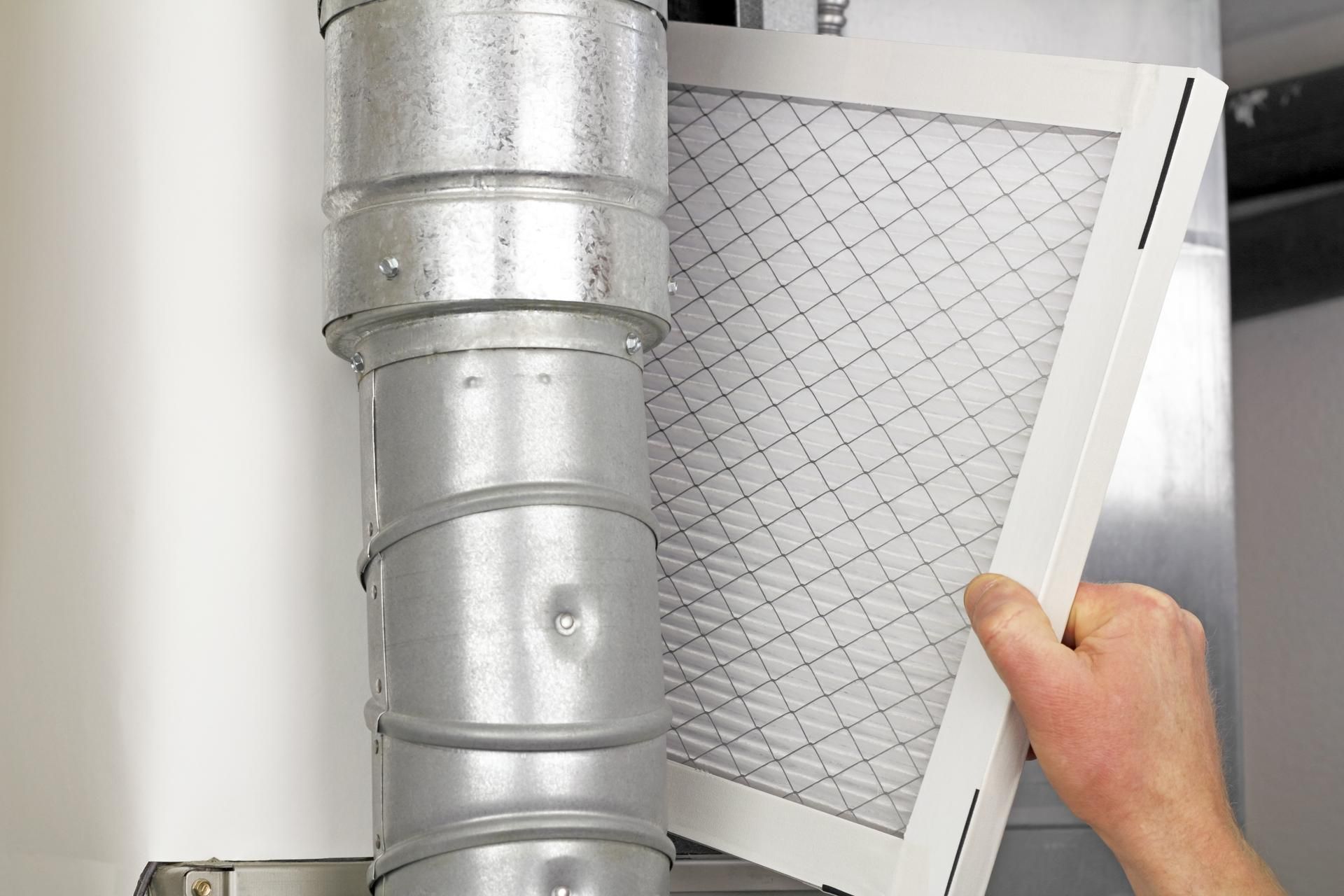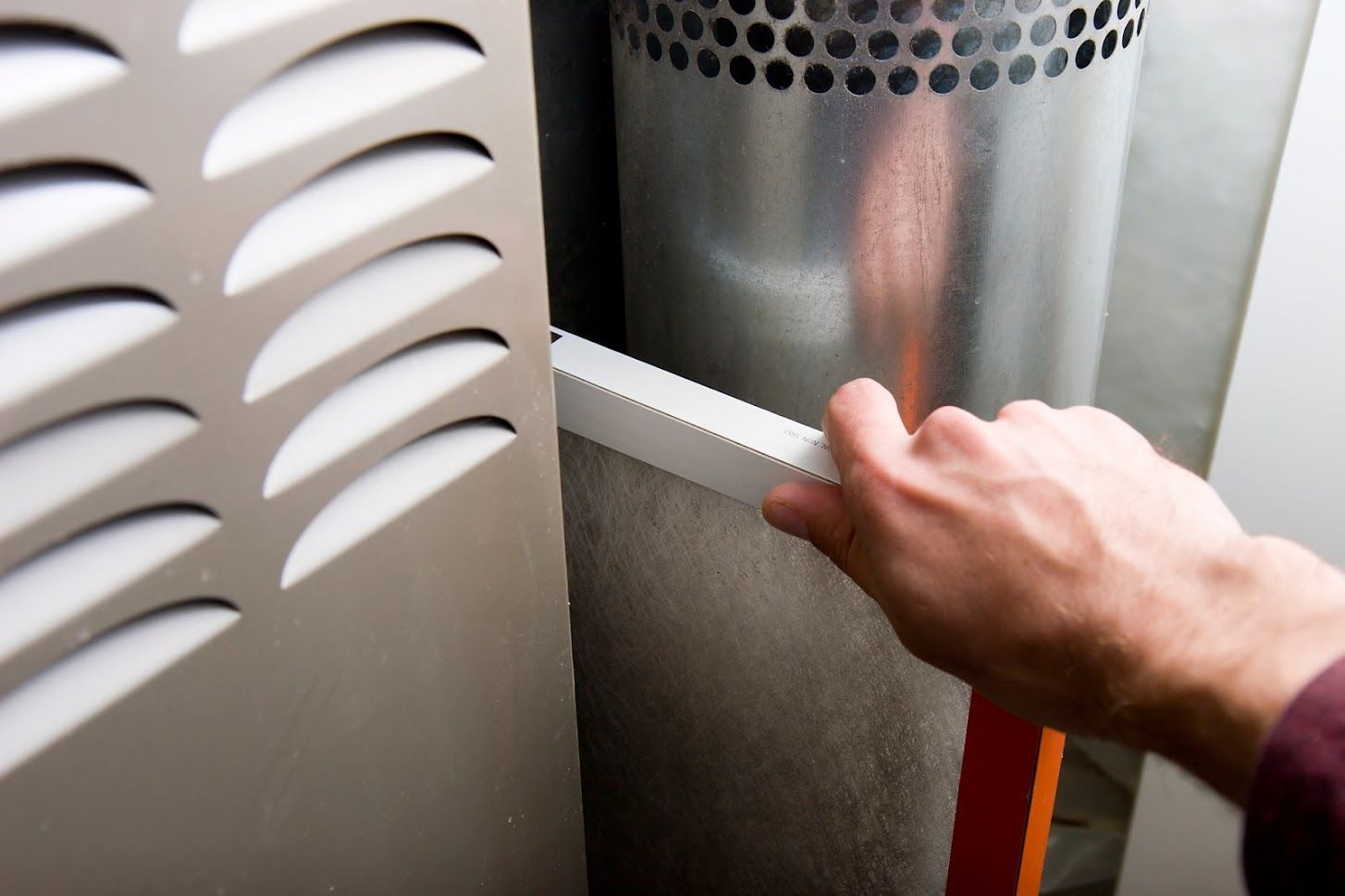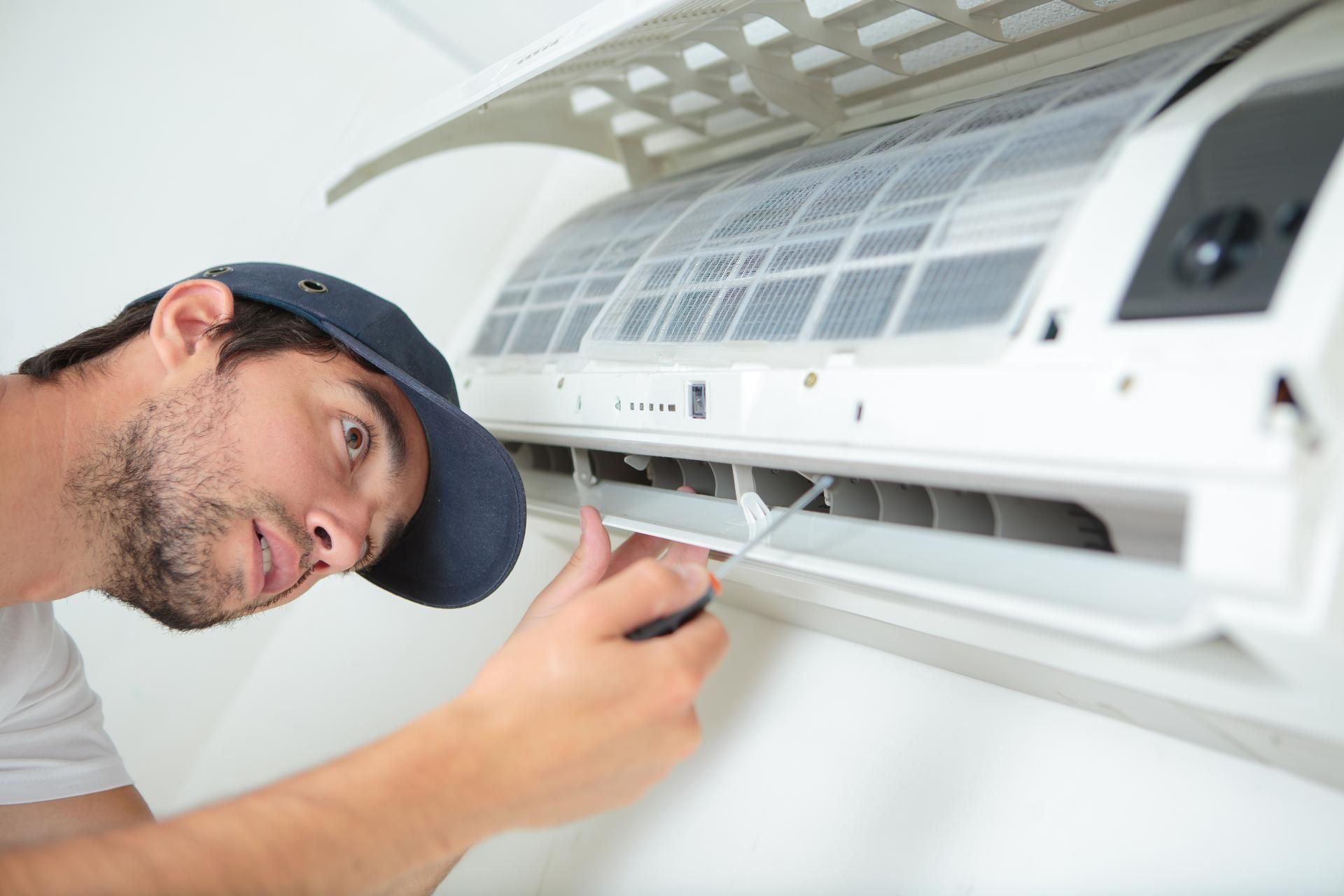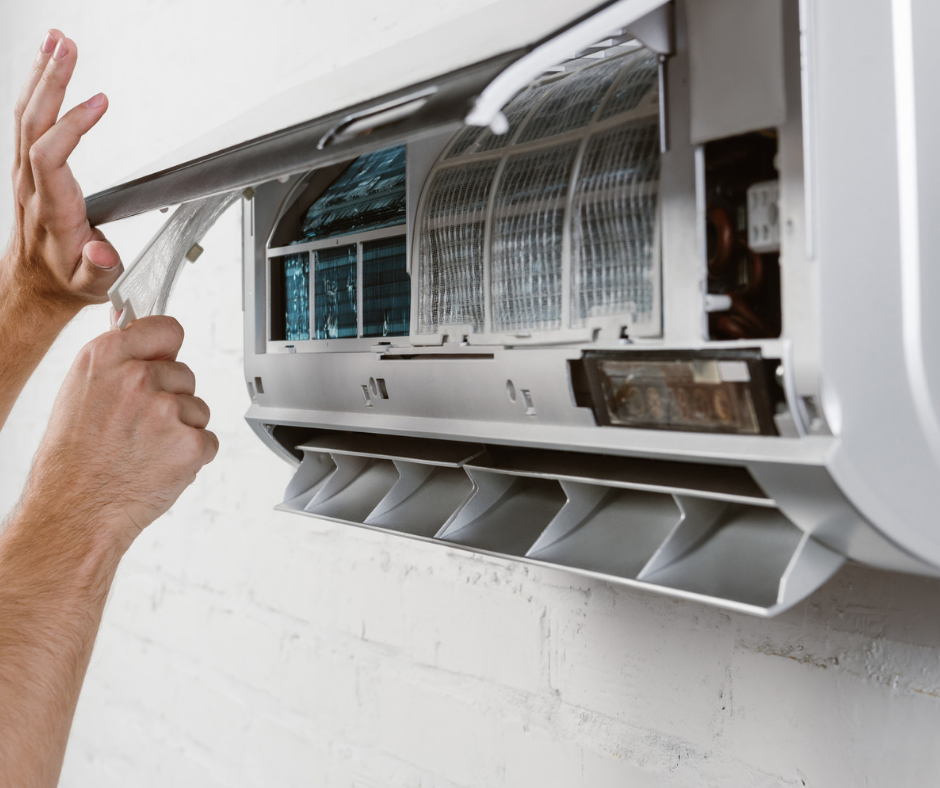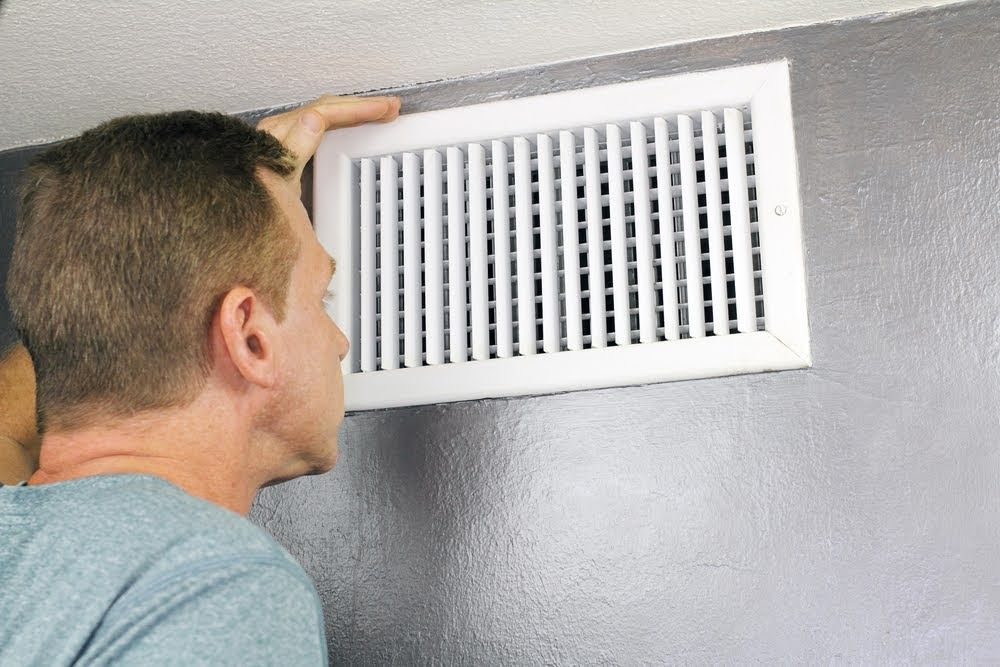Signs, Effects, and Testing for AC Refrigerant Leaks
- By A-1 Finchum
- •
- 10 Aug, 2023
- •
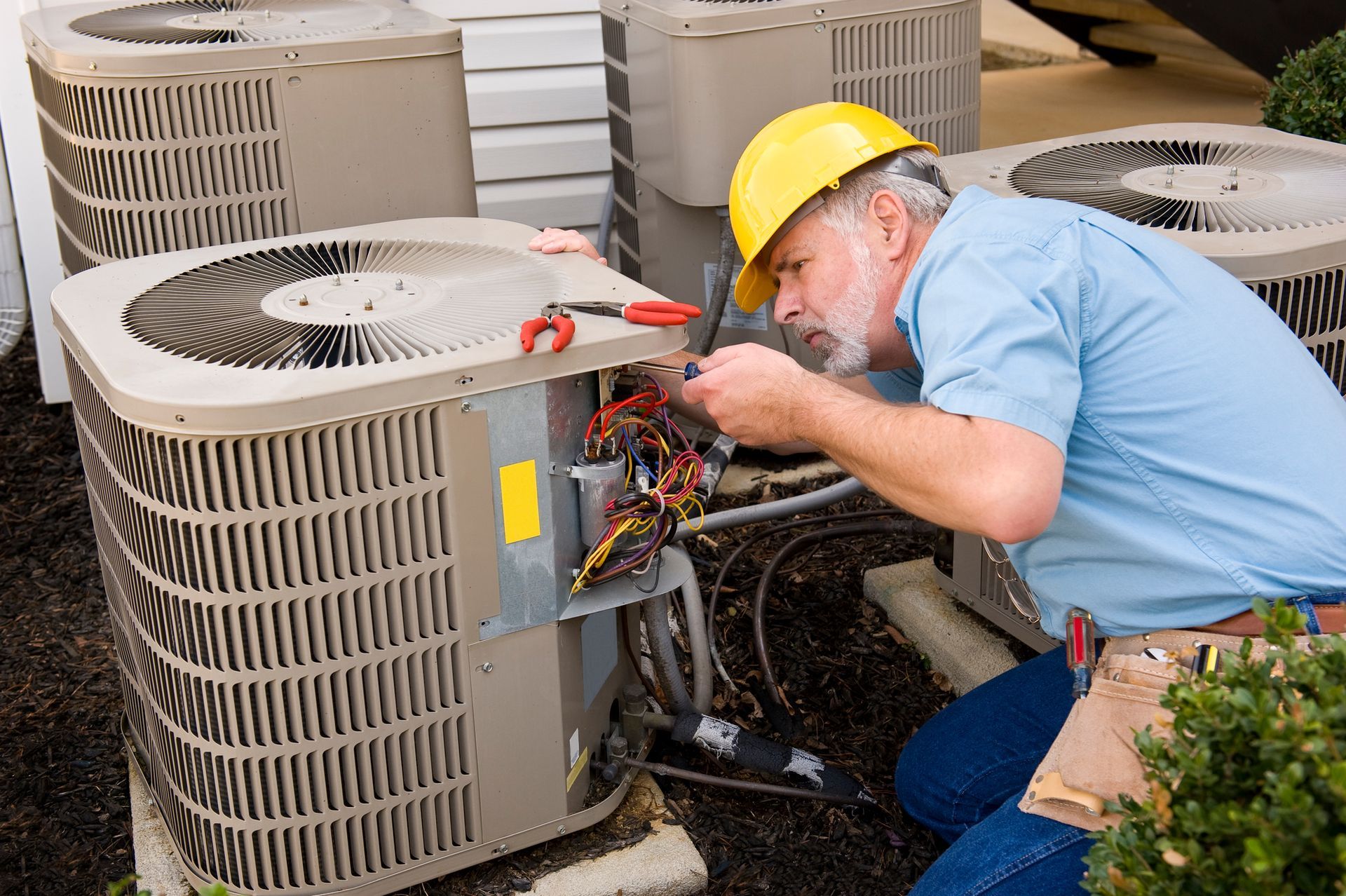
Discernible Signs and Effects
Inefficient Cooling
Refrigerant leaks cause inefficient cooling because the AC lacks adequate refrigerant to absorb the heat. Thus, you should suspect a leakage if the AC takes longer than usual to cool your house. Say you have a smart thermostat and usually start cooling the house on your way home from work. With a refrigerant leakage, your house might not be cool when you get home.
You might also notice the supply registers blowing warm air even with the correct thermostat setting. The AC might run for a long time before cycling off as a normal AC should.
Frozen Coil
Increased Energy Bills
Impaired Health
AC refrigerants are hydrochlorofluorocarbons that are relatively safe if you use them correctly –if they stay within the cooling system's closed loop. The refrigerant becomes dangerous if it escapes into the environment and contaminates the air you breathe.
According to webmd.com, serious refrigerant exposure triggers:
- Breathing difficulties
- Stomach problems
- Irritations on mucus membranes
- Headaches
- Fainting
The severity of the health effects depends on your exposure levels, duration, and current health. Thus, you should suspect refrigerant poisoning if members of your household exhibit such health symptoms.
Testing and Diagnosis
Visual Inspection
Pressure Testing
A visual inspection might not reveal all leaking parts of the AC. Visual inspection also won't reveal pinhole leaks that the naked eye cannot see. Thus, professional contractors use different methods to diagnose leaks.
A common leak-diagnosing method is pressure testing, which detects even the slowest of leaks. To diagnose a leak, the following process is conducted:
- The contractor brazes the pipes to prevent vibration damage during testing.
- The contractor disconnects the components they don't need for the test and that might suffer pressure damage (such as relief valves).
- The contractor charges the system with inert gas to high pressure. The contractor can also use a tracer gas to detect the leaks.
If the test reveals leak points, the contractor will evacuate the refrigerant, repair the leaks, and recharge the refrigerant.
Contact A-1 Finchum Heating and Cooling if you suspect refrigerant leakage. We will diagnose the problem and repair the leak before the damage worsens. We have over 30 years of experience in the HCAV industry and look forward to putting our expertise to use when we service your AC unit.





